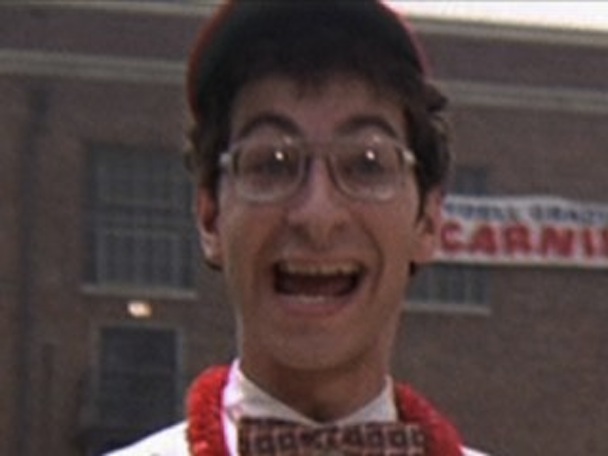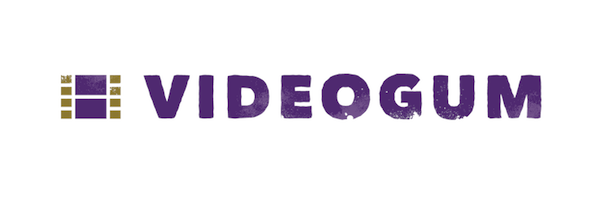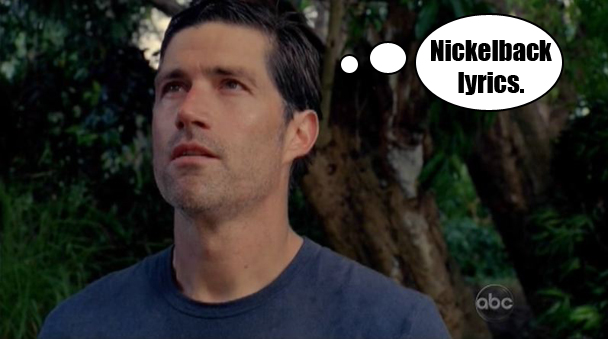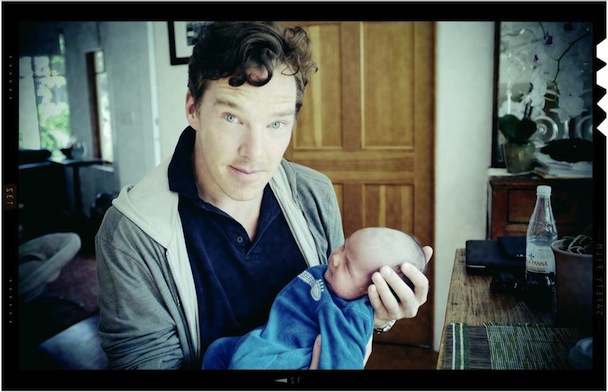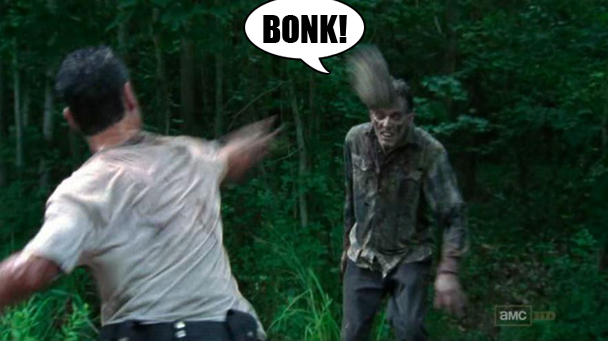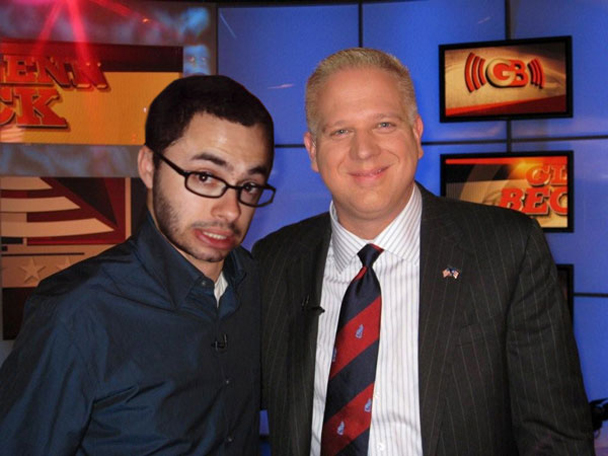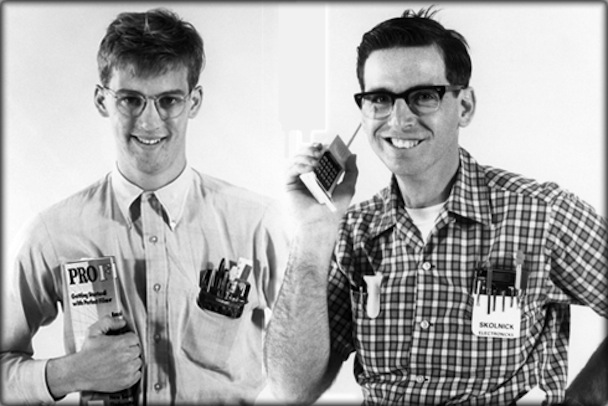
[Emily Gordon is a writer and comedy producer. It goes without saying that she has a podcast, hers is called The Indoor Kids and it's about video games. The one thing she has learned in life is that someone is always a bigger nerd than you.]
In news that is not actually news, nerds are no longer the shameful outsiders of society, they are celebrated and treated like exotic zoo animals, adorable and mystical and called fake by other exotic zoo animals. But how did this happen? It’s time to cue up Huey Lewis’ “Hip to Be Square” and trace the approval rating of nerds in pop culture throughout the ages. And as nerds are a detail-oriented bunch, I expect that you’ll let me know of all the many moments throughout the ages I’ve missed.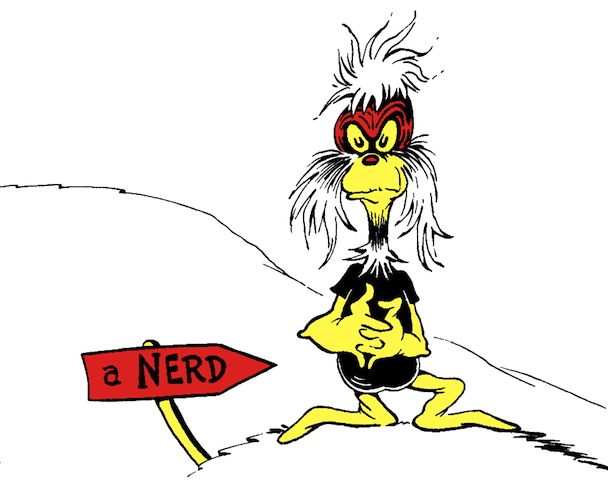
1951: Though the origin of the word “nerd” is hotly debated (this guy has done some great research), I’m gonna choose to go with my favorite early use of the word, in Dr. Seuss’ If I Ran the Zoo. That little guy is a total music nerd, and if Seuss didn’t like you, no one did.
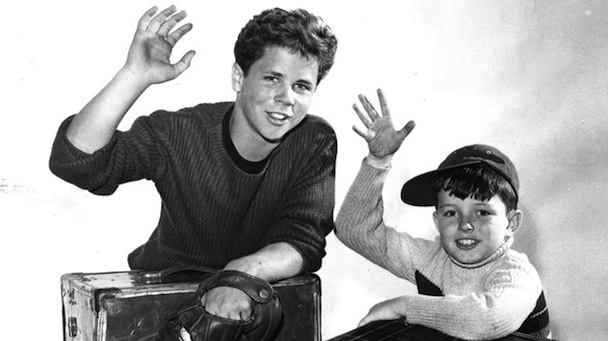
In the 50s and early 60s every kid on TV shows and movies was pretty nerdy if they weren’t a greaser in a leather jacket, so let’s skip to a major moment in nerd history.
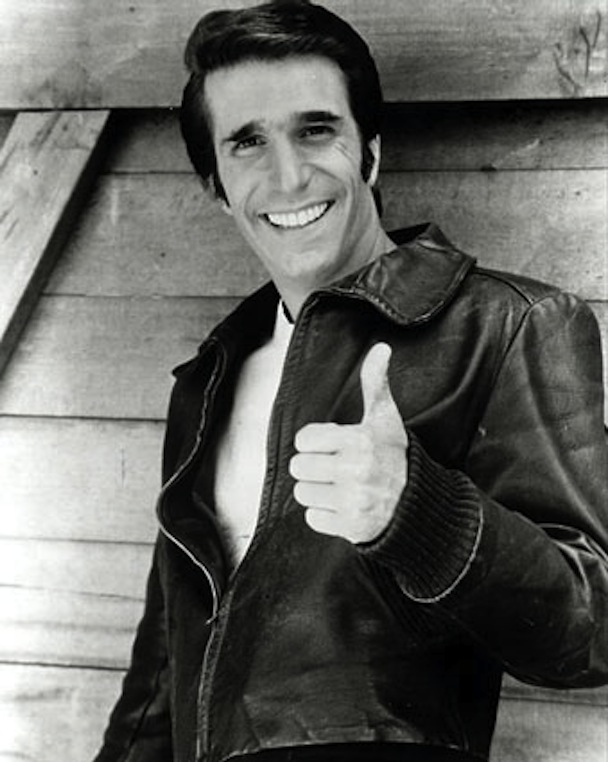
1974: The Fonz refers to socially awkward kids interested in science and math as nerds. The world gives him a big thumbs up and nerds a big thumbs down. Aaaaaayyyyy! Nerd approval remains at 0.

1978: Eugene Felsnic in Grease plays a pretty classic nerd: shrill voice, bad social skills, thick glasses, generally considered embarrassing. He’s the butt of a lot of jokes.
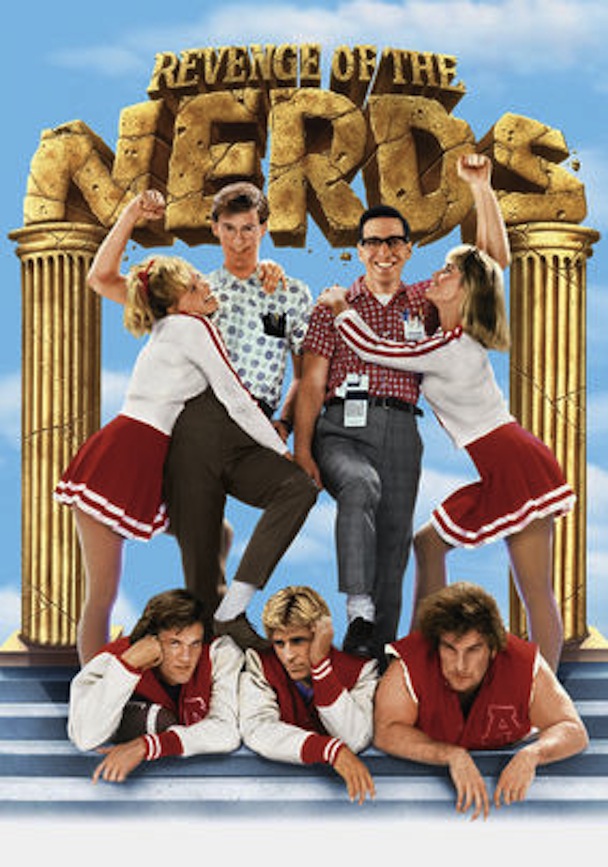
1984: Revenge of the Nerds is released in theaters and people delight in a movie where the nerds get to win. Sure, it’s portraying nerds in a fairly negative light, but they were the stars! You’ve got to learn to walk before you can ?y. The line “We’ve got news for the beautiful people- there are more of us then there are of you!” made my young nerdy heart swell with pride. Nerd approval goes up slightly, to 20% or so. (Try to ignore the semi-rape scene in the funhouse)
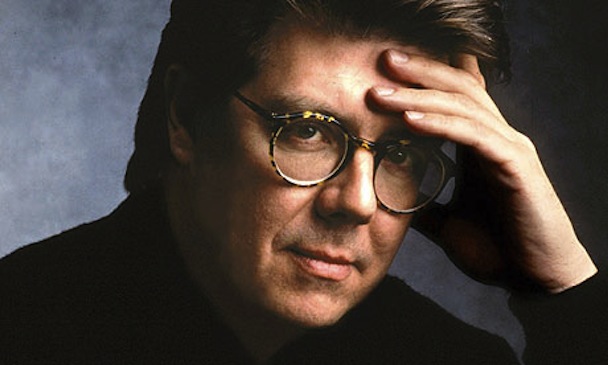
1986ish: Welcome to the Hughesing of nerds. No one could create believable teenage characters like John Hughes. Anthony Michael Hall in The Breakfast Club; Anthony Michael Hall and the other guy in Weird Science; and Cameron and Ferris in Ferris Bueller’s Day Off- all humanized the nerds we’d made fun of before. He gave them feelings, hopes, dreams, and sometimes girlfriends- no longer were they just the butt of jokes. (Try to ignore Long Duk Dong) Nerd approval shoots up to 45%, a record high.
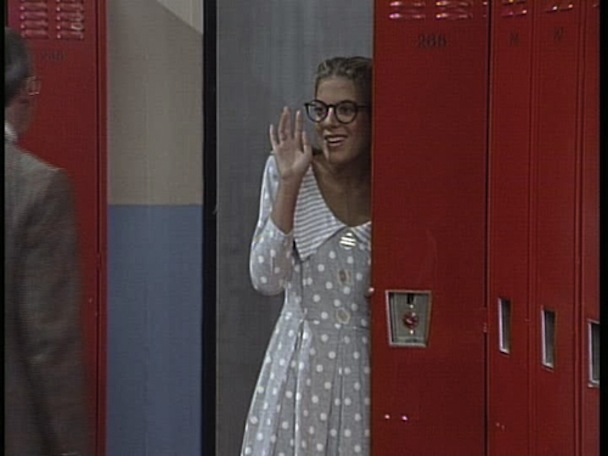
1989: Two steps forward, one step back: The Tori Spelling on Saved By the Bell effect. Nerd approval rating: 35%
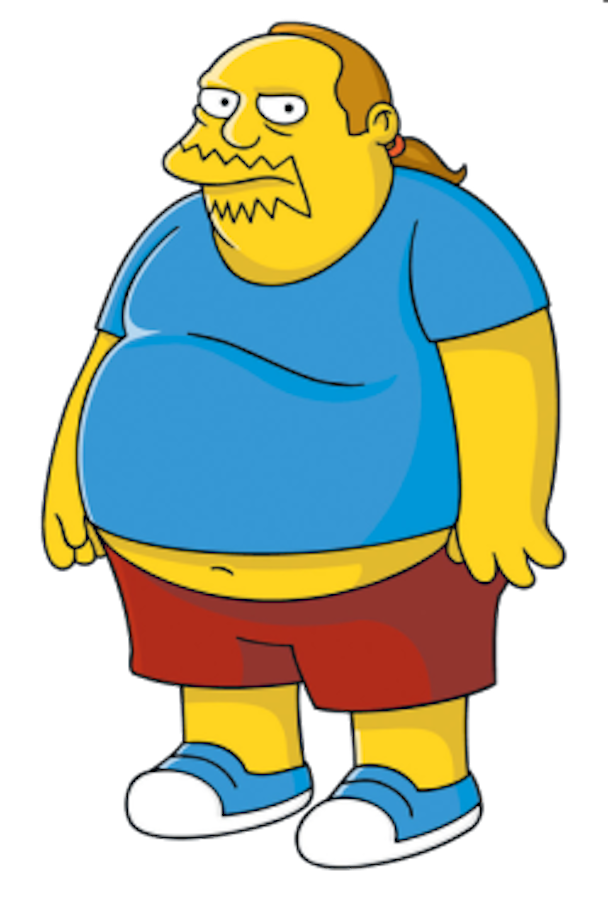
1991: The ?rst appearance of Comic Book Guy on The Simpsons. Worst. But. Most. Accurate. Stereotype. Ever. Though accurate, he takes the nerd approval rating down to 20%. Nerds remain dormant for a few years while grunge has its heyday.
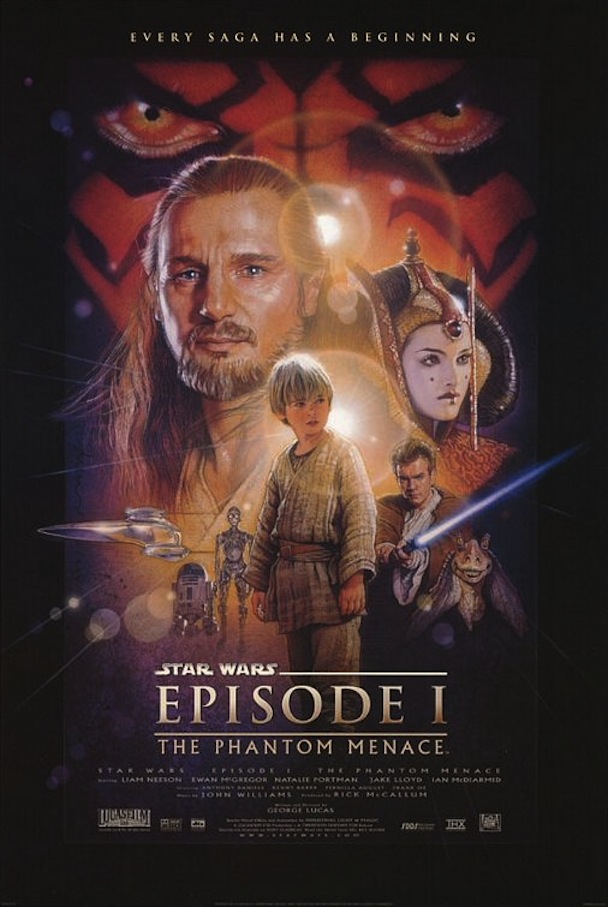
1999: Star Wars: Episode I is released. I’m not going to get into a discussion of how good, bad, or childhood rapey those movies were, the point is that suddenly, people felt okay declaring how much they loved Star Wars. Nerd approval rating: 40%

2003: Seth Cohen in The O.C. Adorable, TV rumpled, neurotic, and a self-described nerd, wasn’t ashamed of his comic book collection as he should have been. And also, he was very vulnerable and adorable and every girl fell in love with him. Nerd approval rating: 55%
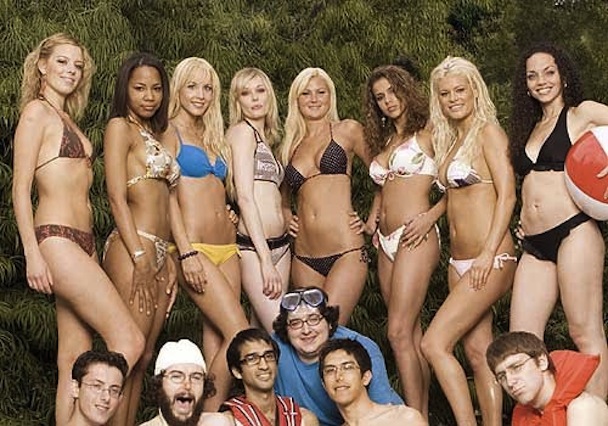
2005: Beauty and the Geek. This reality TV show, produced by Ashton Kutcher, paired up hot ladies with a nerdy dudes to force them to work together to win prizes. They competed in things like “Get a Girl’s Number”, “Math”, “Fashion”, and “Rocket Science”, and managed to be sexist as well as just weirdly offensive. Nerd approval rating sinks to 45%, despite the fact that some of the beauties admit being somewhat attracted to their nerdy counterparts.
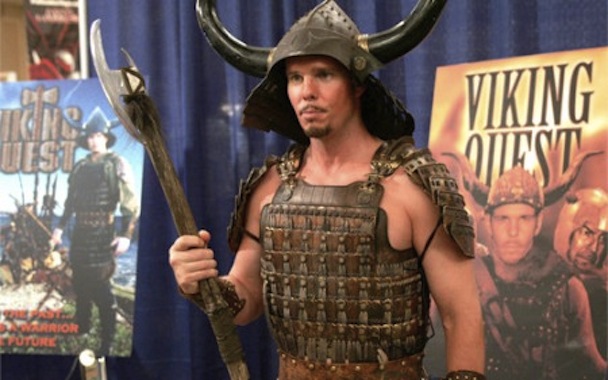
2005: Entourage goes to Comic-Con. A show that showcases the most hubris-y, pointless celebration of wealth and fame and handsomeness and sex and convertibles…. goes to Comic-Con after Vince gets cast in a comic book movie. Isn’t it hilarious? The incidence of backwards baseball hats at Comic-Con that year increases dramatically. Look out nerds. Hollywood is coming.
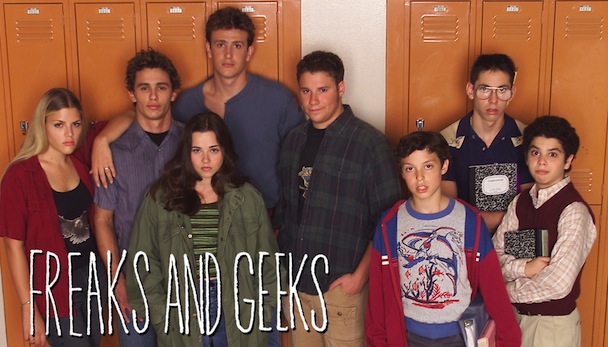
2005ish: We have now come to the Apatowing of nerds. Nobody makes nerdy dudes more appealing than Judd Apatow. From Freaks & Geeks (which is older, sure, but a lot of people didn’t discover until the 2000s), to 40 Year Old Virgin, no one makes being a social outcast look more warm and inviting. Nerd approval rating- 50%
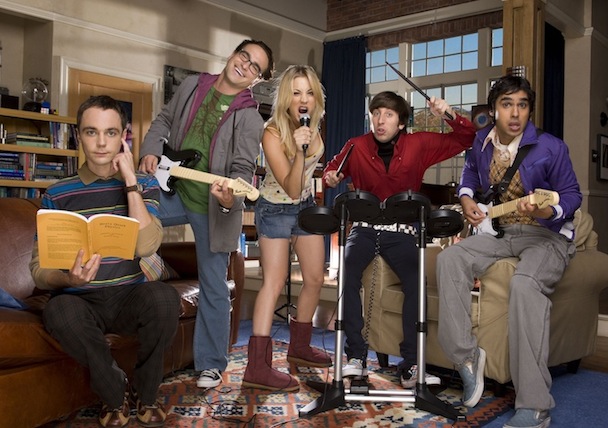
2007: The Big Bang Theory premieres, and is a huge enormous massive hit. A show that portrays nerds as being know-it-alls who are terri?ed of women or robotically Aspergery, sure, but stereotypes have a grain of truth, and at least they got their own show, right? My younger cousin got into Star Wars because of The Big Bang Theory, and I still don’t know how I feel about it. Nerd approval rating shoots up to 70%. (Extra credit: Johnny Galecki played a nerd on Roseanne, years earlier)
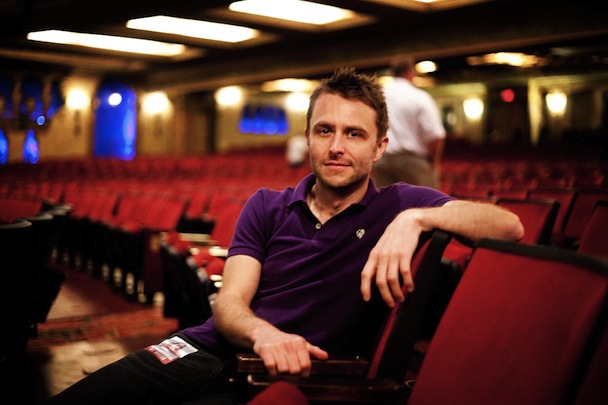
2010: Chris Hardwick starts the Nerdist podcast, and soon after it, produces a book, hours of standup, a BBC show, and a YouTube channel all devoted to the trials and tribulations of the nerd. He’s handsome, he’s a nerd, and he’s successful from something other than inventing a new technology. Nerd approval rating- 80%! Huge!
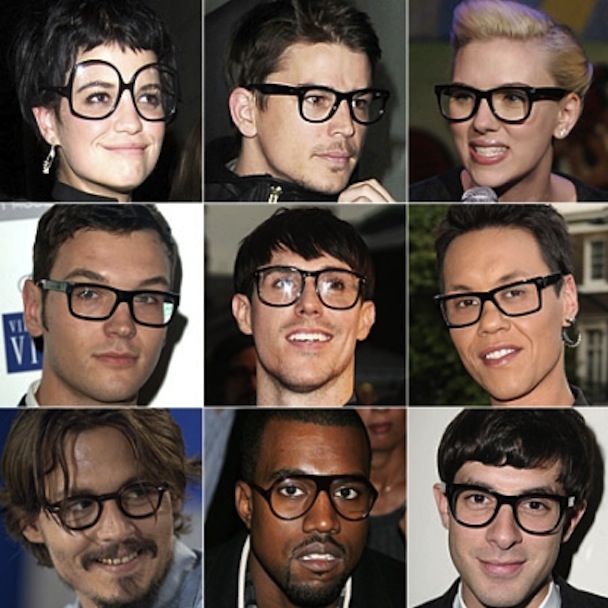

2012: Glasses for everyone! Once only considered cool by Urkel and Weezer, these days, everyone rocks thick black glasses when they want to be taken seriously or seen as deep and unconcerned with being cool. (The irony abounds) Ladies and gentlemen, we are at 100% nerd approval.
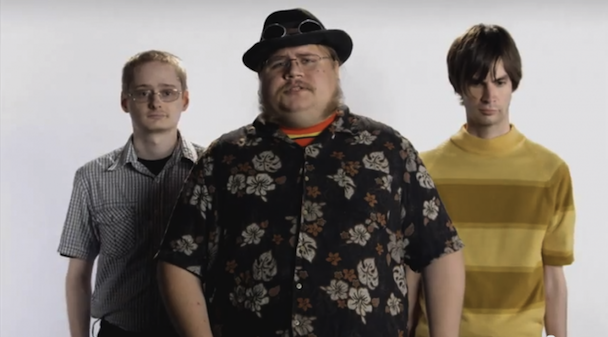
2013: In the newest season of Portlandia, one episode opens with a sketch where a real nerd (clearly not an actor) pleads for people to stop saying they’re nerds when they’re not. Sure, it could have used a female nerd in there somewhere (instead of reinforcing the idea that fake nerds = girls and real nerds = boys), but more to the point, it’s the crowning jewel of the growing backlash against “fake nerds”. You know you’re mainstream when you start trying to exclude people for not being enough like you.

2013: And here we are, getting our own game shows now. In this show, hosted by Robert Carradine and Curtis Armstrong from Revenge of the Nerds, pits 11 male and female nerds against each other in endless nerd trivia and contests like “costume creation” and “some sort of wizard bowling”. I watched an episode last night, arms folded, and instead found myself yelling the answers to questions like “What was Gregor Clegane’s nickname?”
Given our long and rich history, it seems unlikely that nerds are going to be leaving the cultural ether anytime soon. They'll just be inserted more and more into what's accepted until we won't even remember why it's funny that NBA stars wear big thick non-prescription glasses. Years from now, we'll be telling our children that when we were kids, playing video games would get you bullied, and they won't believe it. And we'll just look wistfully into the sky, remembering a time when being a nerd was considered weird.
